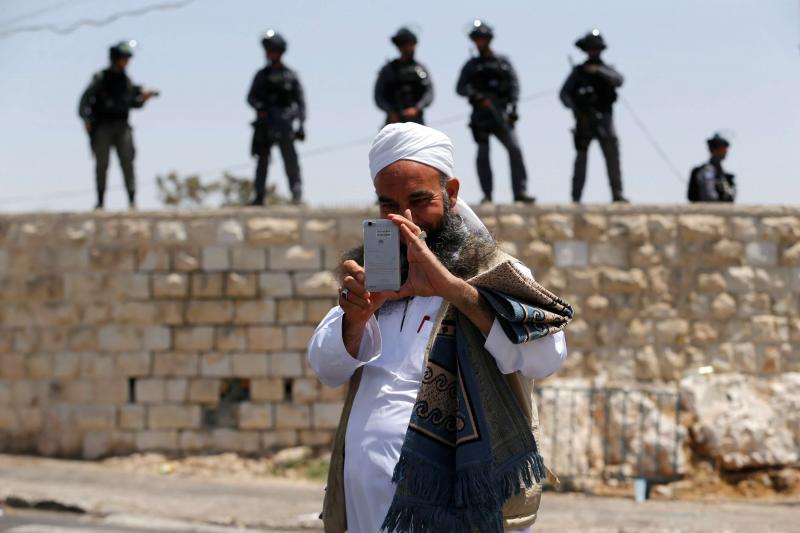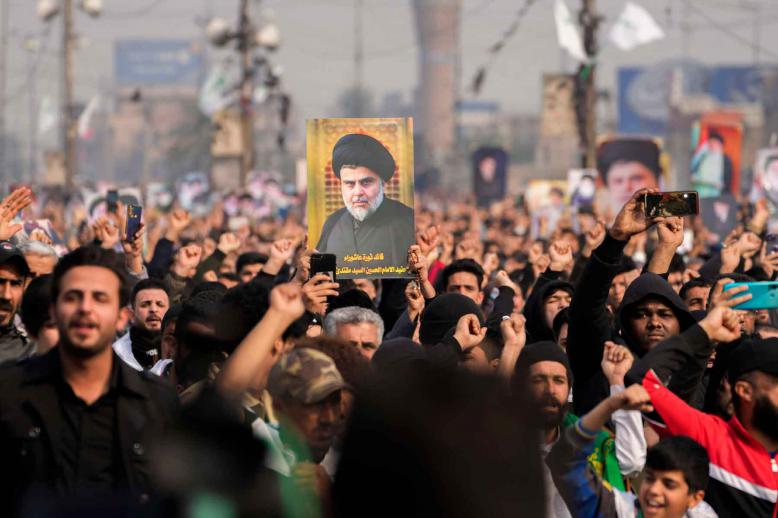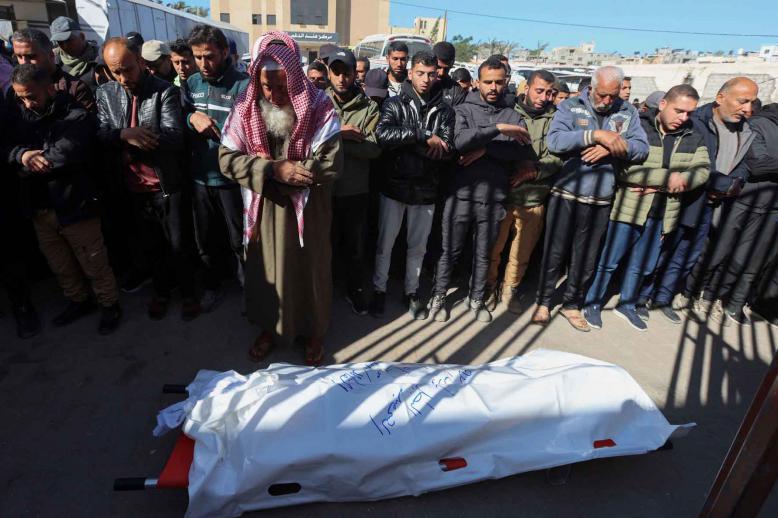Social media providing Palestinians with new ‘umbilical cord’ to homeland
The 7-decade Palestinian-Israeli conflict has taken a heavy toll on the Palestinian side. Everything has been politicised. Politics has become deep-rooted in the fabric of the society. Social media platforms are used for socialising and for expressing political views, sharing statements, posting messages and breaking news in Arabic and English.
Applications such as Facebook, Twitter, YouTube, Skype and Telegram enable Palestinians to break their geographical isolation and disseminate breaking news, information, photos and videos of events in a timely manner in an uncensored way not subject to Western editorial policy or certain guidelines. Palestinian citizen journalists and their online activism provide commentary on international media outlets live.
WhatsApp newsgroups have become, for many Palestinians, the favourite tool to keep up to date with the breaking news around the clock. The practice took root during the Israeli 51-day onslaught on Gaza in the summer of 2014.
Local media companies created newsgroups encouraging the public to join them to receive breaking news in the form of notifications, be it texts, videos, photos or links to news articles. This trend replaced the short one-by-one text messages and long often boring e-mail messages containing the unfolding stories, news releases and invitations to events.
“WhatsApp has dramatically surpassed Facebook and Twitter in being the fastest most practical medium in disseminating the news. It has many features such as recording audio messages, live video chat and most importantly it’s ad-free. It also can be used offline as long-term messages” said Khalid Safi, a social media expert.
Anyone from anywhere in the world can join WhatsApp newsgroups by asking the administrators to add their numbers. “With the busy life here, I do not have much time to surf news websites or watch TV, so the WhatsApp newsgroups provide me with what I need to know, without the hassle to read long analytical pieces,” said Murad, a Palestinian who lives in London.
Because Gazans have been experiencing many hours of power outages a day for 12 years, this means their connection to WI-FI routers are often disrupted. The alternative is to buy relatively expensive data bundles from local cellular companies. Ironically this service is only available on G2 telecommunication technology. The upgrade to the third generation is subject to Israeli approval because it has the final say in allocating radio frequencies.
Those who live outside of Gaza enjoy this free service, making followers feel they are on the ground experiencing the events. Forwarding notifications to other
WhatsApp groups is done on voluntary basis. Those who have English-language followers translate the breaking news and share it on other social media platforms. Any member of the group from different geographical locations can share and send or add any piece of information related to unfolding events.
The journalists’ and ordinary people’s need to get summarised news and contents as they occur made WhatsApp groups the core of the transformation in alternative media.
The rise of the internet and the emergence of alternative media enabled Palestinians to make their voices heard and present their narrative. The reliance on social media platforms has become a necessity considering what Palestinians say is Western media bias in favour of Israel’s narrative.
To this end, a wave of Palestinian citizen journalists, armed with laptops and smartphones, decided to take the lead. A debate is taking place about Facebook’s integrity and its tight collaborations with Israel in censoring Palestinian contents. Israeli officials said the collaboration aims to tackle “incitement” on the social media network.
Some Palestinians engage in a process of “cyber-democracy,” criticising their own leaders, expressing their point of view, calling for reforms and asking for their rights. They take part in a democratic process in which young people participate, debate, discuss and send messages to their rulers.
Whether they are WhatsApp notifications or Facebook posts, these are effective means to connect Palestinians in the occupied Palestinians territories and those in the diaspora. Israel’s enforced physical territorial separation between the Palestinians of besieged Gaza, the West Bank, East Jerusalem and those living inside Israel — the green line areas — has been overcome thanks to social media.
Now, Palestinians are gearing up for the climax of the “Great March of Return” on May 15 to mark the Nakba, what Palestinians describe as the Catastrophe of 1948 when Israel was established at the expense, suffering and displacements of the indigenous Palestinians.
As a journalist, WhatsApp news notifications spared me time watching the news and accessing news websites. I have become anxiously addicted to reading them. It has become the umbilical cord that links me to my homeland.
Yousef Alhelou is a Palestinian journalist living in London. He attended Oxford University on a Reuters fellowship in journalism and is pursuing a master’s degree in international relations.
This article was originally published in The Arab Weekly.






